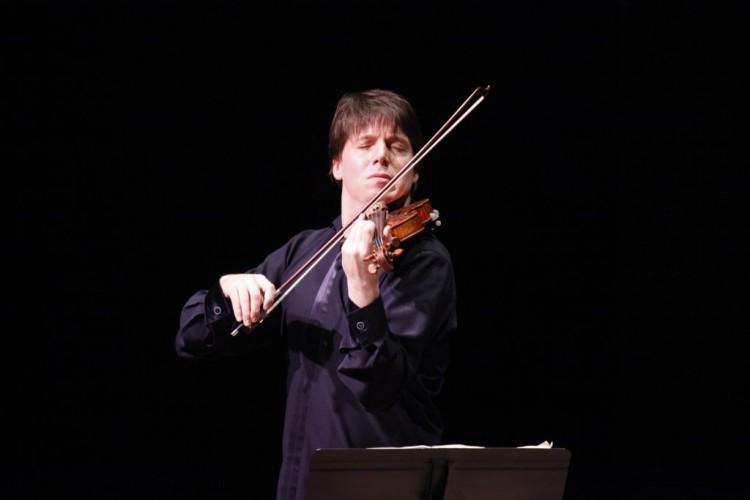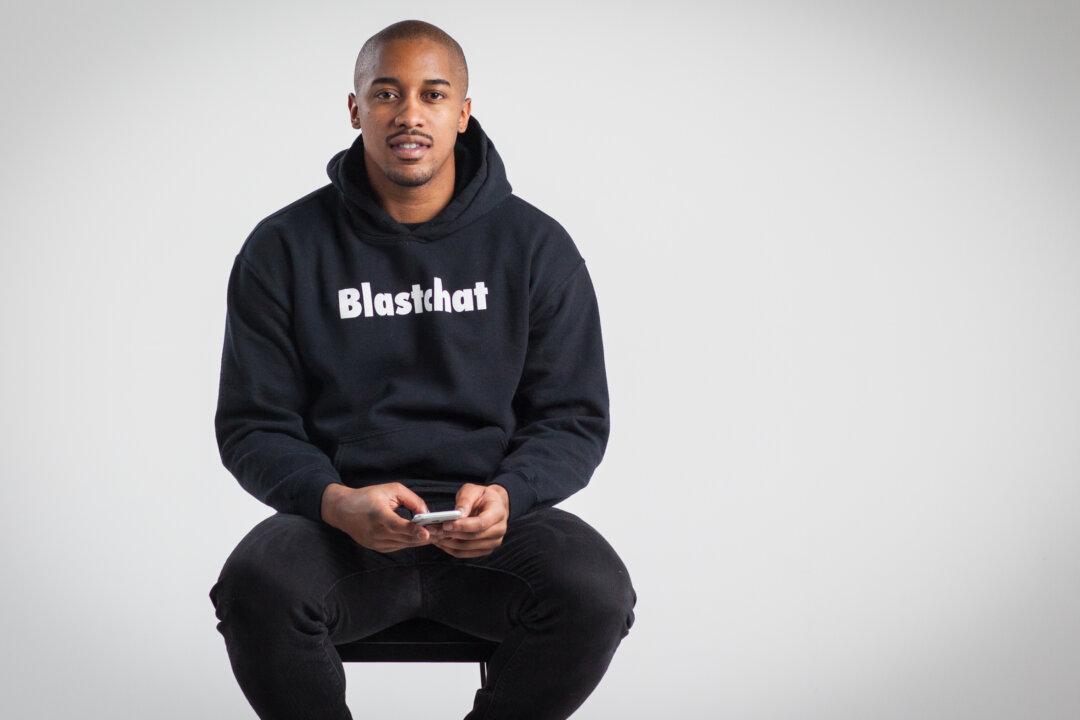NEW YORK—The Mostly Mozart Festival Orchestra finishes tuning; some wind instruments squeeze in a few short A’s, and then there is silence. The crowd hushes as they wait for former child prodigy Joshua Bell to enter the stage. Alas, the deafening silence continues—Bell is running a little late. Synchronized shuffling is heard among the audience seats.
After three minutes, Bell walks on stage with his confident yet casual walk, and he is greeted with roaring applause on Aug. 18 at the Lincoln Center.
The orchestra begins playing the tranquil introduction of Brahms’s Violin Concerto in D major, Allegro non troppo, slowly and intricately setting up the themes that will come into play.
Bell listens attentively while standing with his weight shifted on one leg. The Grammy award-winning violinist is now in his early 40s, but he has preserved his stage presence from his first solo debut with the Philadelphia Orchestra when he was 14 years old.
Although the violin solo is written with an abrupt, powerful entrance, Bell captures the compelling feeling while maintaining his trademark honey-sweet tone.
Critics have claimed that the Brahms violin concerto has many needless difficulties. Johannes Brahms was not a violinist. Conductor Hans von Bülow once called the piece a “concerto against the violin.”
But played by Bell, the piece doesn’t sound that hard to play. His clean, bright individual notes flow naturally from the chaotic shifts in position and abrupt changes to distant keys.
The famous—or infamous—wild bodily movements that come with Bell’s playing seem to send an additional message that evening. As Bell makes exchanges with the orchestra, his brusque lunges seem to say, “Is that all you got, Brahms?”
Composers after Beethoven rarely incorporated cadenzas into their music, but Brahms did.
Most performers stay with Joseph Joachim’s version of the cadenza, for whom Brahms dedicated the piece. But the audience got a special opportunity to hear Bell’s own cadenza that evening.







